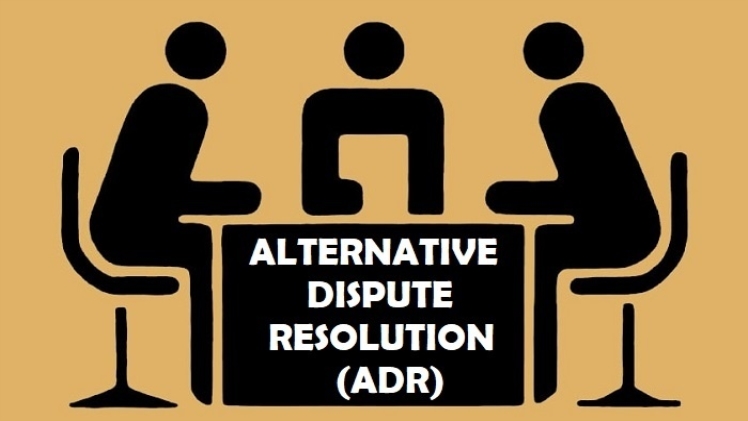Introduction
Often people do not like settling things in court and like to keep it as a measure of last resort. This is where Arbitration comes into play.
It is nothing but the process of bringing a business dispute in front of a third party who has no connection with the dispute or the parties involved. To find out more, I would strongly recommend you to visit BSA Ahmad Bin Hezeem & Associates LLP.
As you are reading this article, chances are you are involved in a similar situation. If that sadly is the case, then I would strongly recommend you to read this article to the end to find out everything about dispute resolutions like Arbitration.
I am an arbitrator myself, and I have been in this business for the last eight years. So, whatever information you are about to get from this article will be based on the first-hand experience of an arbitrator.
So without wasting any further time, let us take a look at the five things you need about Arbitration and dispute resolution.
How Do Arbitration And Dispute Resolution Works: 5 Things To Note
#1: The Process
You need to have good knowledge of the process of Arbitration. As I mentioned before is when a business dispute is brought before a third party who does not have any sort of link with the parties or disputes. There are several organizations like The American Arbitration Association that give arbitration services.
Arbitration hearings are similar to that of a trial; the judge here is the arbitrator who makes decisions after hearing both parties. Keep in mind, however, that these decisions do not serve as public records like what happens in real courts during trials.
#2: Know The Difference Between Arbitration and Mediation
Arbitration and Mediation are not the same things. Arbitration is an informal process where a disinterested third party is bought to help settle disputes; on the other hand, Mediation is more of a voluntary process where there is no third party involved.
The mediator discusses the problems with both parties, but the end goal may not be a settlement. The main goal of a mediator is to discuss the whole issue with both parties.
#3: Clause of Arbitration
You need to note the clause of Arbitration; every major arbitration process has a clause involved. An arbitration clause ensures that both parties end up making a decision.
This clause is more like a contract. Both the parties are bound by the contract and have to abide by the rules mentioned in the clause of Arbitration.
#4: Choosing An Arbitrator
You must be very careful while choosing an arbitrator. However, choosing an arbitrator might not always be your choice. Arbitrators are trained professionals; they have specific fields in which they expertise. For instance, in construction, labor, international disputes, and also employment.
The famous arbitration organization called The American Arbitration Association ensures they have the best quality of arbitrators that specialize in various sectors. All in all, appointing a good arbitrator is a must for a better settlement of the issue.
#5: Cost of Arbitration
Last but not least, we talk about the cost of Arbitration. To be very frank, the cost of Arbitration depends on the complexity of the case and the level of experts you want your arbitrators to be. Arbitration costs include:
- Filing fees, administrative fees, and hearing fees.
- Expenses incurred by the arbitrator like travel time, meals, plane tickets, and other expenses.
Final Thoughts On Arbitration
There you have it; those were the five things to note about how Arbitration works. I hope you have found this article informative and that it has given you some valuable insights into the process of Arbitration.
If you have some questions or feedback concerning this blog, you can comment on them in the section down below. We will try our best to get back to you as soon as we can.

